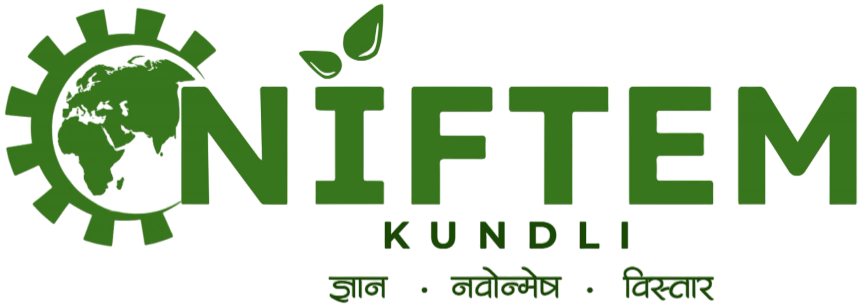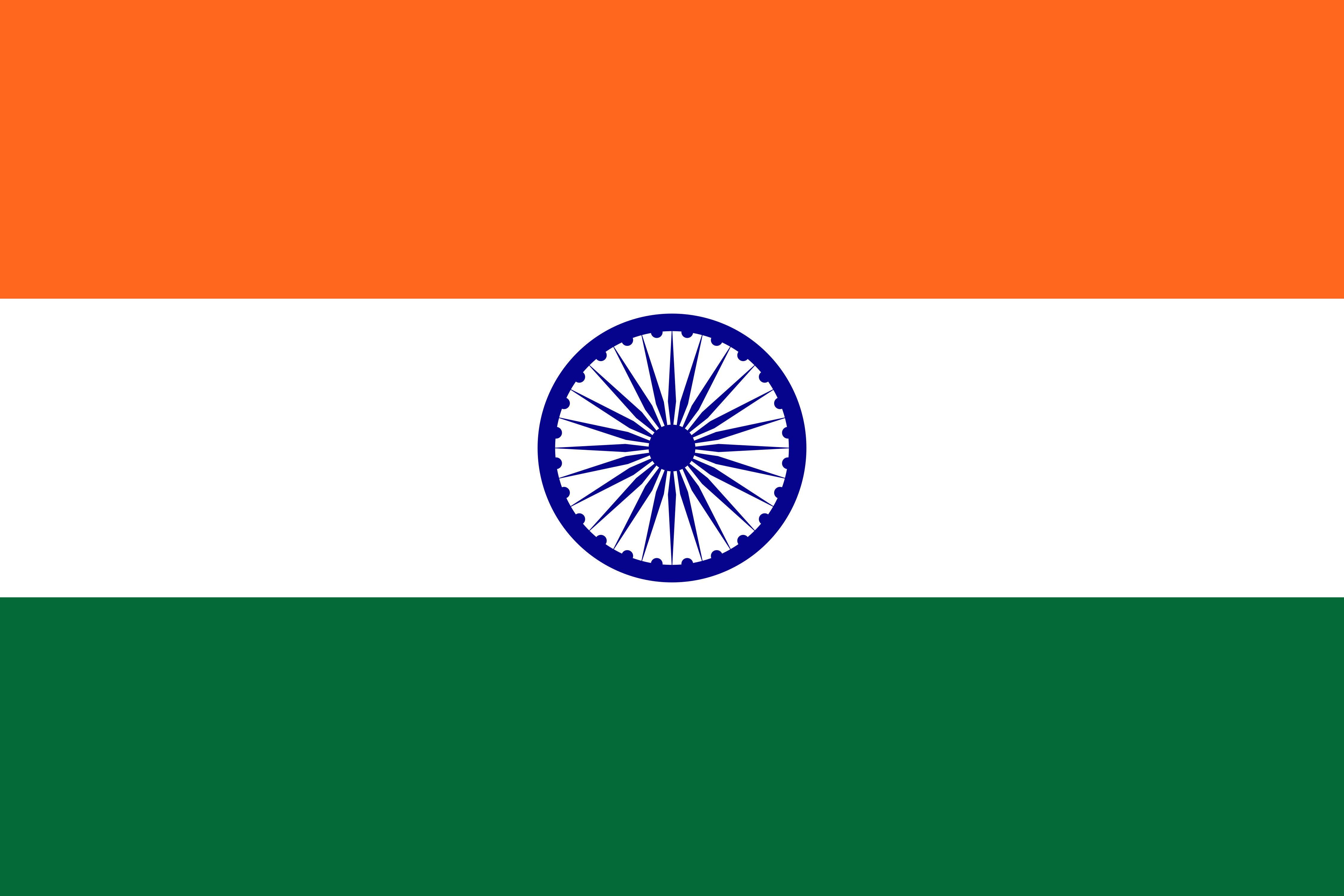






Research and Outreach at NIFTEM-K has flourished since the Institute's establishment. The integration of academics and research has positioned NIFTEM-K among leading institutions globally. In addition to providing innovative solutions to government sectors, industry, and society, NIFTEM-K focuses on fundamental research that generates knowledge, reinforcing India’s technological prowess and self-reliance. The Institute remains committed to excellence in teaching and research, adapting to a dynamic environment. NIFTEM-K attracts exceptional faculty from across India and internationally and has established several large, multidisciplinary research centers. These centers tackle complex issues in food technology and management through a collaborative approach involving various academic disciplines. NIFTEM-K maintains ongoing partnerships with numerous industries and public sector organizations. These collaborations include solving specific problems through targeted research projects, endowments, student sponsorships, and more. The aim is to foster research that has a meaningful impact—benefiting society, industry, and the field of food technology and management itself.
I invite you to explore our programs, research initiatives, and campus culture that together create a dynamic learning environment for holistic development.
112
53
59